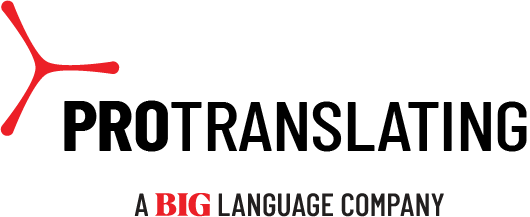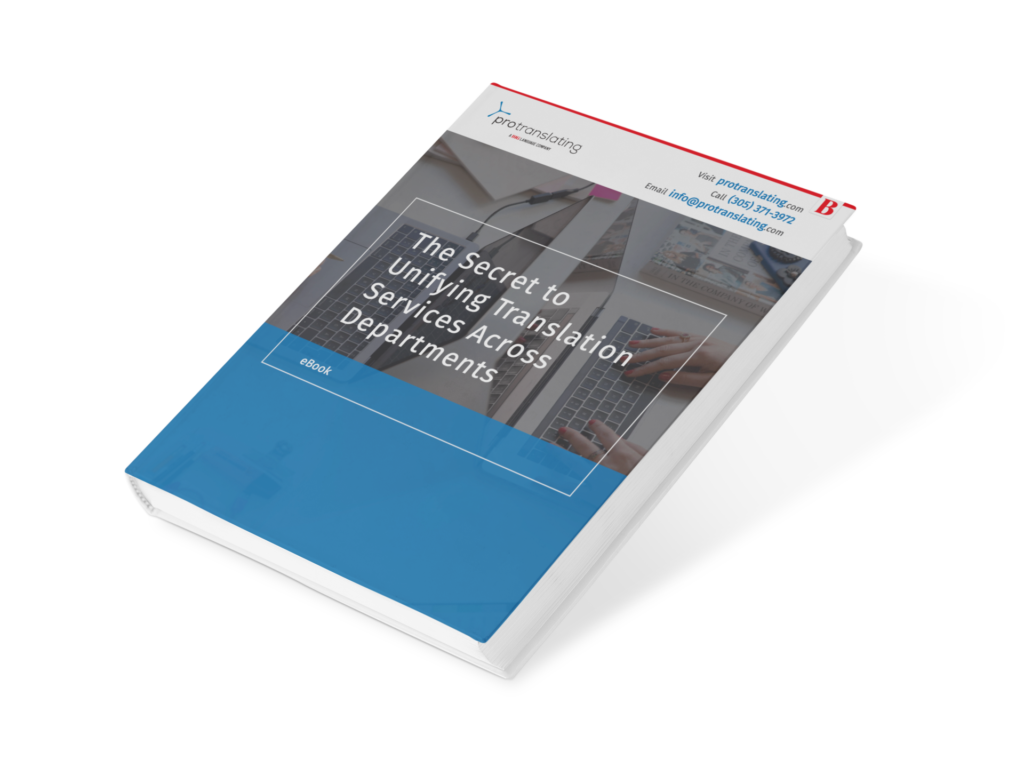You’ve probably seen the word health care and healthcare used interchangeably on the internet; while they mean different things in different places, they are easy to intermix, muddling their meanings. As a result, the many searches for the correct spelling of this industry’s name suggest confusion among people.
No matter how you spell it, healthcare is a part of our lives where clear communication is critical. So, here are some distinctions we’ve been able to parse.
Definition of Healthcare and How It’s Used
This version of the term is used more in the United Kingdom (UK), though a healthy minority of uses in UK settings are still the other variant. According to the Cambridge Online Dictionary, healthcare is the activity or business of providing medical services. It also includes services provided by a country or an organization for treating the physically and the mentally ill.
The definition encompasses the day-to-day services and the more extensive system or business necessary to provide these services. However, as you can see, the term healthcare is used loosely.
Definition of Health Care and How It’s Used
Healthcare is used more in the United States and Canada, but as with the definition of healthcare, both are common enough to confuse everyone. According to the Merriam-Webster Dictionary, health care is the efforts to maintain or restore physical, mental, or emotional well-being, especially by trained and licensed professionals —usually hyphenated when used attributively.
This definition covers some of what matters to health care. But, it doesn’t necessarily encompass the entire system when discussing “the health care industry.”
When you see how many people search for the answer to this question, it becomes clear how this lack of clarity might make it hard to achieve consistent usage in an industry that must have the clarity to communicate well with patients!
A Solution For Ambiguity
After hearing how unusual it is to find consistency in healthcare/health care references, it’s easy to throw up one’s hands and decide not to differentiate. However, one option is to use the two terms to mean different things.
“Health care—two words—refers to a provider’s actions. Healthcare—one word—is a system. We need the second to have the first,” says Dr. Waldman of the blog Medical Malprocess. In some ways, this distinction is more like a singular and plural distinction. Health care is the specific things people do: see a patient, and prescribe medication. Healthcare is an industry, the system by which people get the health care they need. With so much discussion of the healthcare industry, this seems like a good distinction to make!
However you opt to define health care versus healthcare, when you need qualified language service providers (LSP) to assist you in medical-related industries, BIG Language can help.
BIG has been helping medical professionals and pharmaceutical companies for over 50 years with accurate translations for patients, physicians, and other stakeholders. Our advanced over-the-phone (OPI) and video remote (VRI) interpretation services provide 24/7 access to a global network of interpreters who speak more than 300 languages and dialects. We also offer comprehensive services such as:
Contact us today to learn more and to see how we can help you!







